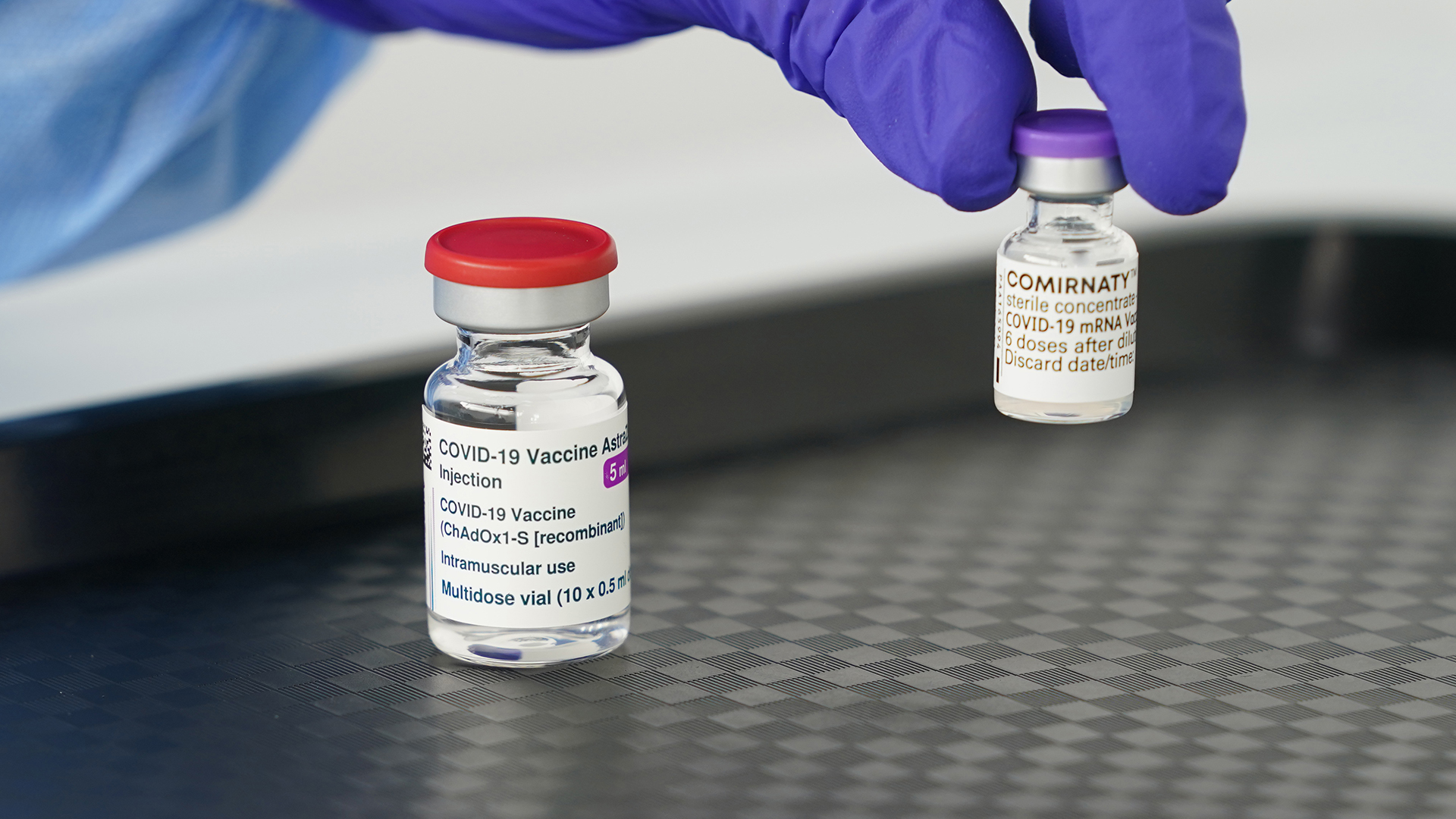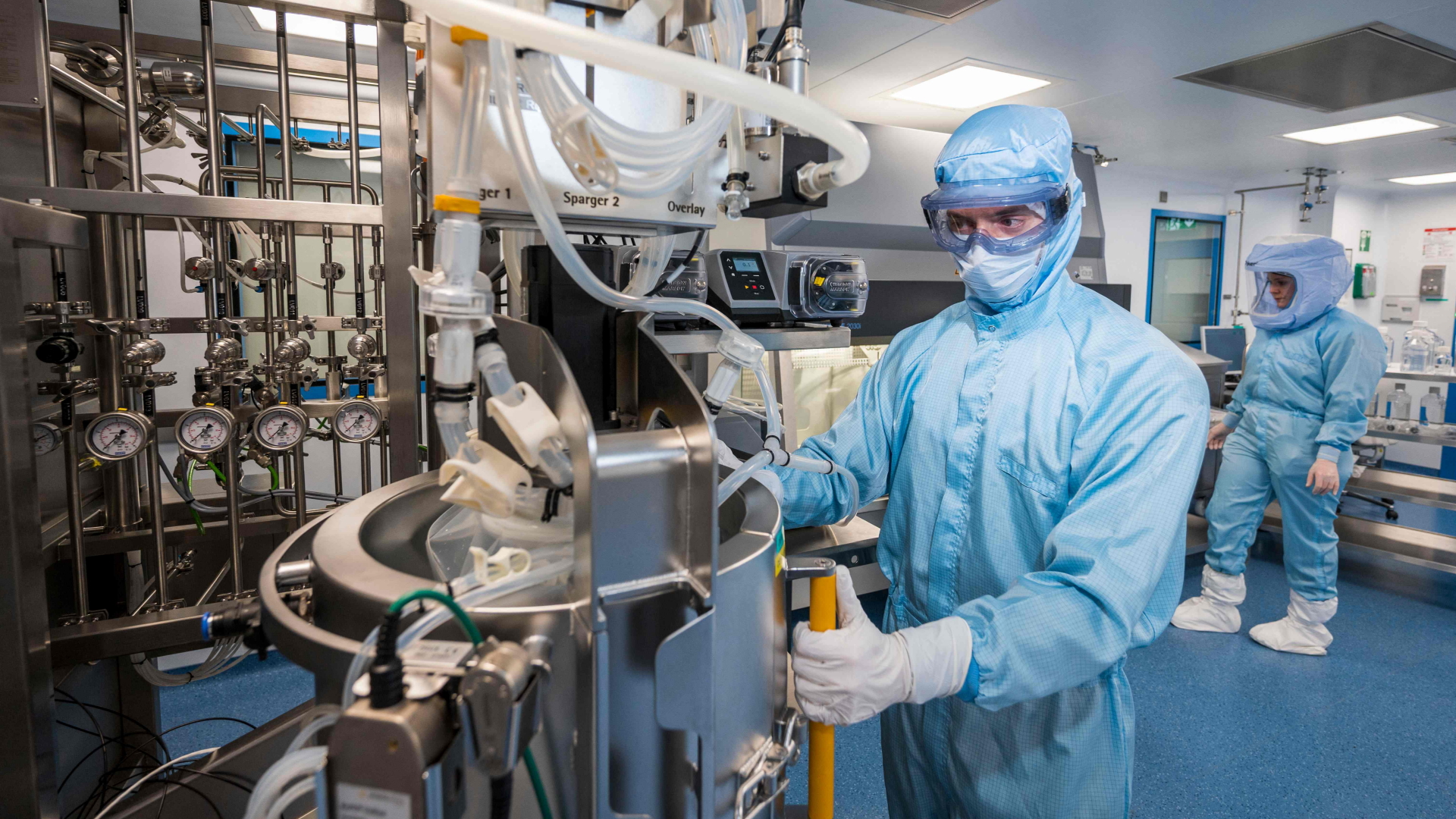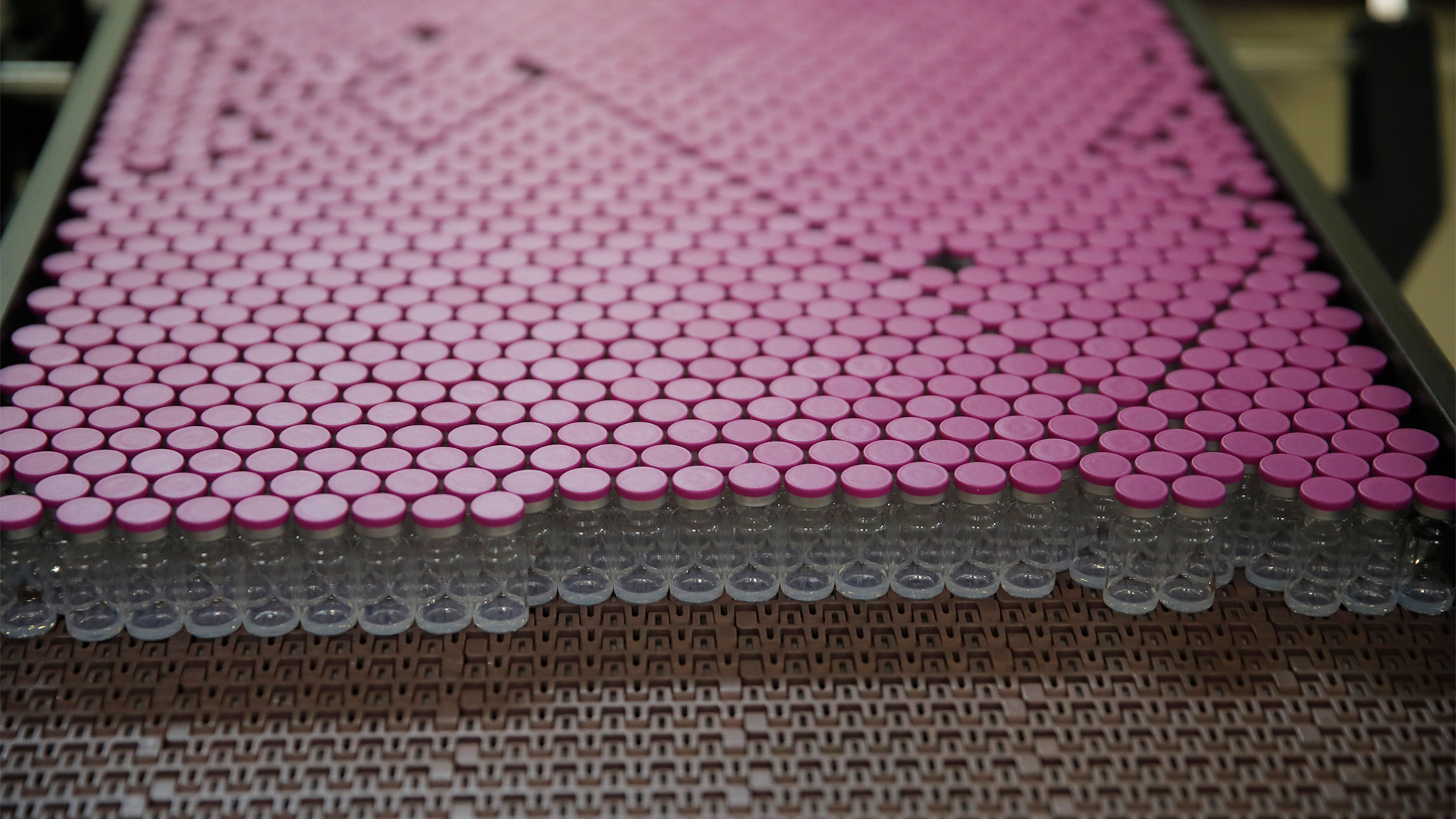 background
background
Corona vaccine Which slows down vaccine production
Status: 14.06.2021 8:11 a.m. Corona vaccine is still scarce in Germany. The production of the vaccine has been running at full speed for months. What makes it so difficult to manufacture quickly in large quantities? From David Zajonz, WDR In theory, anyone in Germany has been allowed to be vaccinated for a week if they want to. In practice, more precisely in the doctor’s office, many people who want to be vaccinated receive the same information over and over again: “We would like to vaccinate you, but unfortunately we do not have enough vaccine.” In vaccination centers in North Rhine-Westphalia, there are currently no initial vaccinations at all due to supply bottlenecks. Almost six months after the start of the corona vaccination campaign in Germany, vaccines are still in short supply. The frustration of many people who have not yet received a vaccination is correspondingly great.
Previous production “absolutely sensational”
Nevertheless, the speed of vaccine production is enormous, believes Rolf Hömke from the Association of Research-Based Drug Manufacturers (vfa). It normally takes several years to produce a new vaccine on a large scale: “Judging by all the experience of previous vaccine projects, it is absolutely sensational how quickly the additional production was built up,” says Hömke. To clarify, he cites two figures: Before Corona, according to the World Health Organization, a good five billion vaccine doses were produced worldwide every year – against tetanus, measles and many other diseases. On the other hand, more than two billion vaccine doses had been administered in the fight against Corona by early June. According to current company information, more than 700 million vaccine doses of BioNTech / Pfizer’s most frequently used vaccine in Germany alone have been produced and shipped worldwide – up to three billion by the end of the year.
There is a lack of personnel and materials
There are several reasons why vaccine production is not progressing any faster. The production is complex, says Udo Reichl, an expert in the production of vector vaccines at the University of Magdeburg. “Vector vaccines are produced in bioreactors,” he explains. “Building a new production facility with bioreactors can take one to two years.” Therefore, production cannot be ramped up at will. Manufacturers also struggle to find qualified personnel. In addition, there is a lack of materials that are needed for production, according to vfa spokesman Hömke. “For example, there is a lack of spare parts for the production systems, sterile plastic covers and special chemicals.” Lipids, i.e. fats that are needed for mRNA vaccines, are particularly popular, says Hömke. “A large manufacturer of lipids for vaccines told us that at the beginning of 2020 they expected a few kilos of these lipids to be in demand. Now they can sell a few tons of them.”
Vaccine self-sufficiency in Germany Never again Lack of vaccine? To ensure that Germany does not suffer from a lack of vaccines again, there is a “Vaccination Task Force”.
Pharmaceutical companies work together
In order to be able to produce faster, the pharmaceutical companies enter into an unusually large number of partnerships. A prominent example is the collaboration between the small Mainz research company BioNTech and the US pharmaceutical giant Pfizer. The French manufacturer Sanofi, on the other hand, whose own vaccine project has stalled, plans to soon produce BioNTech / Pfizer’s vaccine in its Frankfurt plant. Another example: BioNTech has taken over its plant in Marburg from the Swiss pharmaceutical manufacturer Novartis – including its employees. It takes a long time to build new systems, explains vaccine expert Reichl. Conversely, converting existing production facilities is much easier.
BioNTech in Marburg Work of hope In the future, mRNA vaccine against SARS-CoV2 is to be produced here.
Worry about poorer countries
The joint efforts of the pharmaceutical companies mean that the vaccine shortage in this country should soon be over: “In Europe we will see a gradual relaxation in the supply of vaccines over the summer,” believes Reichl. However, he worries about the supply of poorer countries. “A large part of the world population still has hardly any access to vaccines. If we need further vaccines in Europe to vaccinate against new mutations, these in turn will not be available for other countries.” So it could happen that Europeans and North Americans will be vaccinated three or four times while people in other parts of the world are still waiting for their first shot. It is therefore all the more important, according to Reichl, to set up further vaccine productions in poorer countries.
Manufacture of vaccines Vaccine production remains difficult Corona vaccine remains scarce worldwide.

























































 background 05/26/2021
background 05/26/2021 March 31, 2021
March 31, 2021 interview 04/26/2021
interview 04/26/2021



You must log in to post a comment.